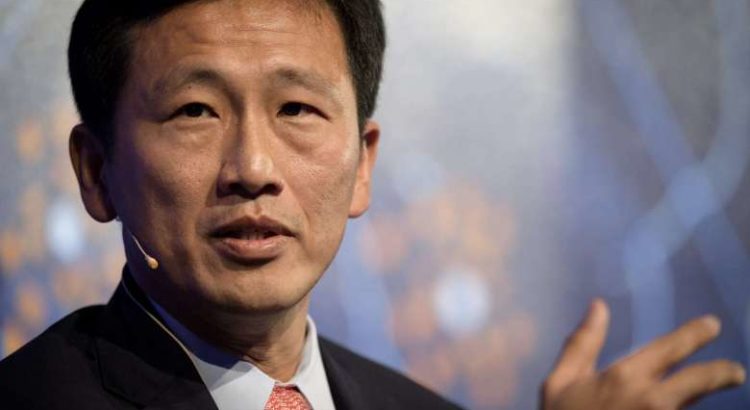Singapur/Mayo de 2017/Fuente: The Strait Times
Resumen: El sistema educativo debe estar alineado con la estructura de la economía, para que la gente continúe armada con las habilidades necesarias para encontrar trabajo en la era actual, dijo el Ministro de Educación Ong Ye Kung e Jueves (4 de mayo). En Singapur, esto significa limitar la proporción de graduados en una cohorte de alrededor del 30 al 40 por ciento, mientras que la formación del resto debe destinarse para las vocaciones en diversas industrias. Este enfoque, añadió, asegura que no haya exceso de graduados en Singapur, y ma el desempleo graduado bajo, a diferencia de algunos países asiáticos.
The education system needs to be aligned with the structure of the economy, so that people will continue to be armed with the required skills to find jobs in the current age of disruption, Minister for Education (Higher Education and Skills) Ong Ye Kung said on Thursday (May 4).
In Singapore, this means capping the proportion of graduates in a cohort at about 30 to 40 per cent, while training the rest for vocations in various industries.
This approach, he added, has ensured there was no glut of graduates in Singapore, and kept graduate unemployment low, unlike in some Asian countries.
Mr Ong was a member of a panel discussing politics and education in the age of disruption at the 47th St. Gallen Symposium in Switzerland.
Also on the panel were Mr Johann Schneider-Ammann, a federal councillor of Switzerland, and Mr Anders Samuelsen, Denmark’s Minister for Foreign Affairs.
During the discussion moderated by Al Jazeera English presenter Mehdi Hasan, Mr Ong said Singapore had an over-emphasis on academic qualifications in education.
But to successfully deal with disruption, the education system needed to shift and adopt a «dual-education track», in which young people can become craftsmen in a wide range of fields. In this, Singapore can learn from countries such as Switzerland, Denmark and Germany, Mr Ong added.
«Today there is a strong emphasis on skills, and there is a logic to that,» he said. «Information and knowledge are all on the Internet. You can Google everything in the world, but skills you get from experience, you can’t Google for skills.»
Mr Ong cited the SkillsFuture initiative as an example of what the Government was doing to encourage people to learn new skills.
An education system focusing on skills will help people find jobs and improve their lives, Mr Ong said.
In doing so, it will help governments address one of today’s key challenges: rebuilding the social compact between political elites and the masses.
Politics is about giving people a better life, he said, adding: «And that has to do with employment and education, (helping people find) a sense of self even in a very globalised world.»
Mr Schneider-Ammann said «one of the medicines» to disruption was maintaining a first-rate education system.
Panellists were also asked about political disruptions, such as Brexit and the Trump presidency, which have led both Britain and the United States to look inwards.
Mr Samuelsen said the problem the poor face in this age of disruption is not globalisation, but not being part of it. «That is a big problem because that is what’s keeping people in poverty,» he said.
The symposium is an annual conference attended by business and government leaders, as well as students and young professionals.
Mr Ong arrived in Switzerland on Tuesday for a four-day working visit. He also met Mr Schneider-Ammann, who heads Switzerland’s Federal Department of Economic Affairs, Education and Research, and visited various institutions of higher learning and companies.
Fuente: http://www.straitstimes.com/singapore/education-system-should-be-aligned-with-needs-of-the-economy-ong-ye-kung







 Users Today : 35
Users Today : 35 Total Users : 35460244
Total Users : 35460244 Views Today : 43
Views Today : 43 Total views : 3418938
Total views : 3418938